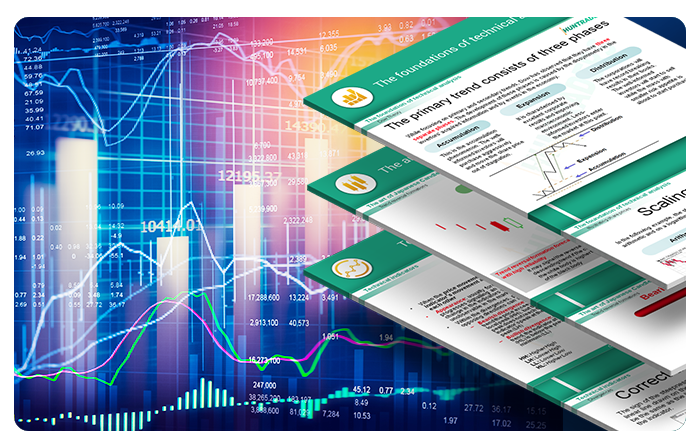It is important for investors to be aware of the different tools that forex brokers use to generate bigger profits, as these can sometimes come at the expense of their clients. One such tool is slippage, which occurs when the execution price of a trade is different from the expected price. This can happen due to market volatility or simply because the broker has delayed filling the order.
Another tool used by some forex brokers is "last look," which gives the broker the ability to reject a trade even after it has been confirmed. This is a controversial practice as it can lead to conflicts of interest between the broker and their client.
Spread skewing is another practice that investors should be aware of. In this scenario, a broker may artificially widen the spread for certain currency pairs, making it more difficult for their clients to make a profit. This can be done through a number of methods, including slowing down the execution of trades or offering more favorable pricing to certain clients.
In order to avoid these potential issues, it is important for investors to thoroughly research and choose a reputable forex broker that operates transparently and fairly. Additionally, it is important to regularly monitor their trading activity and performance to ensure that they are not being negatively impacted by these or other practices.















